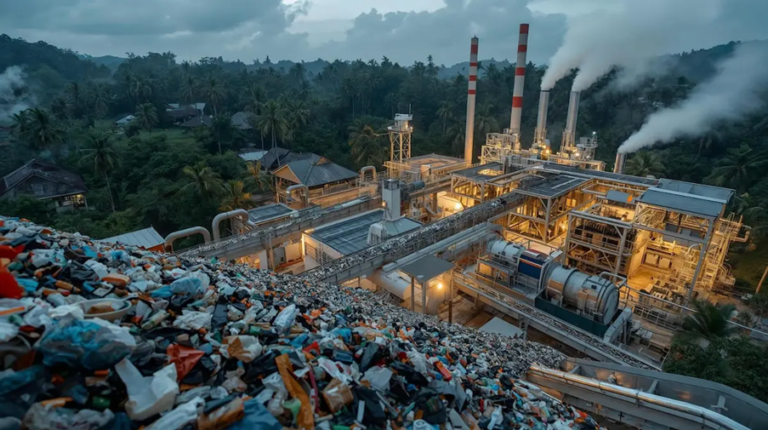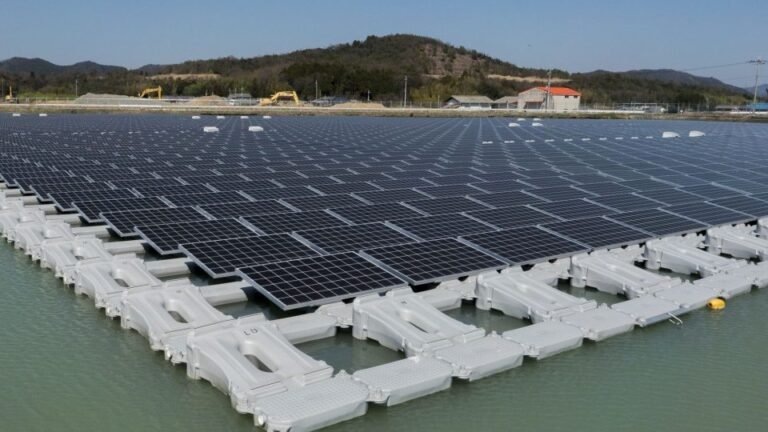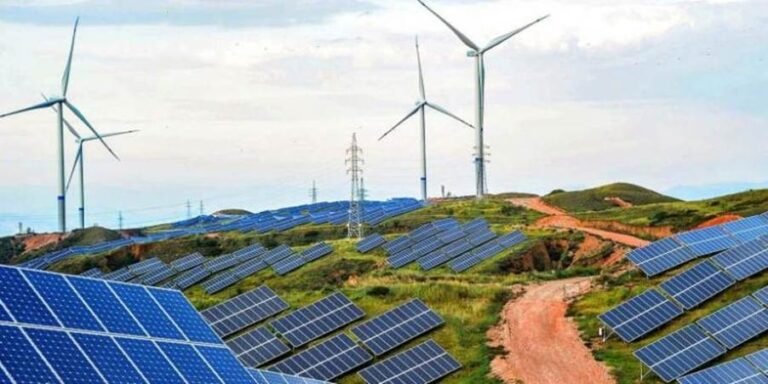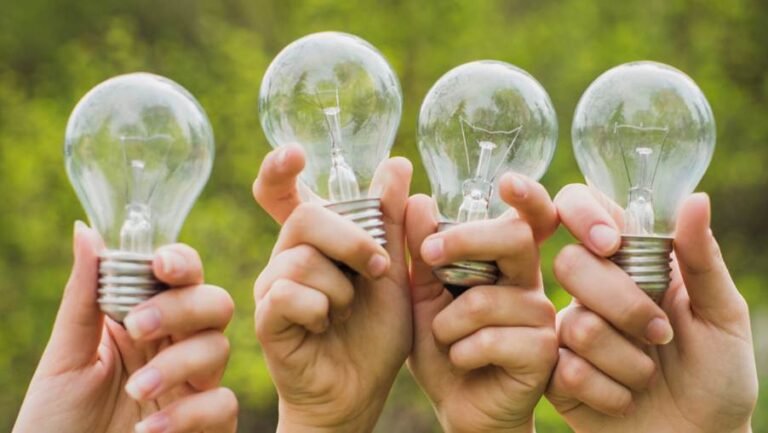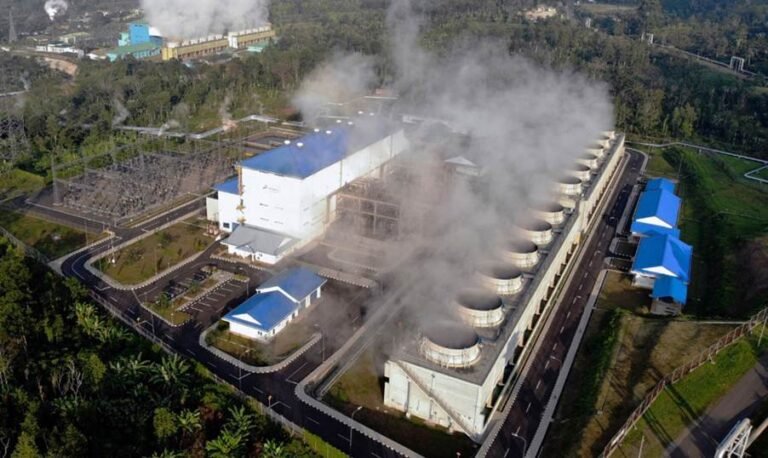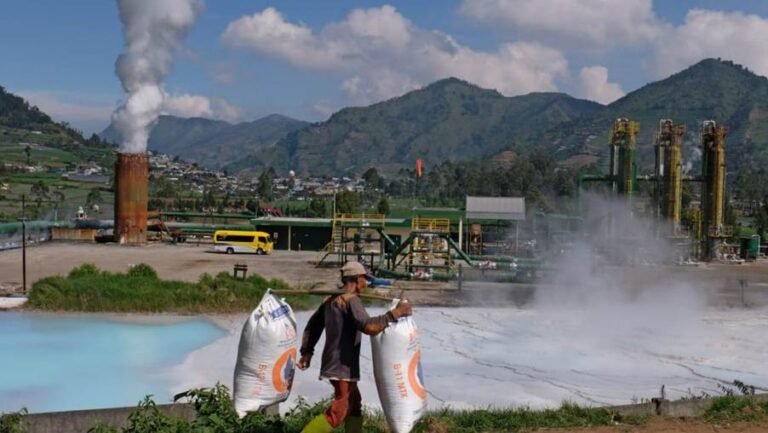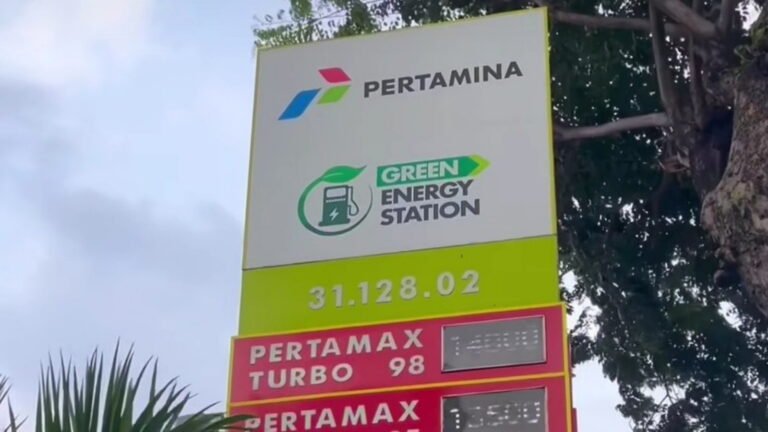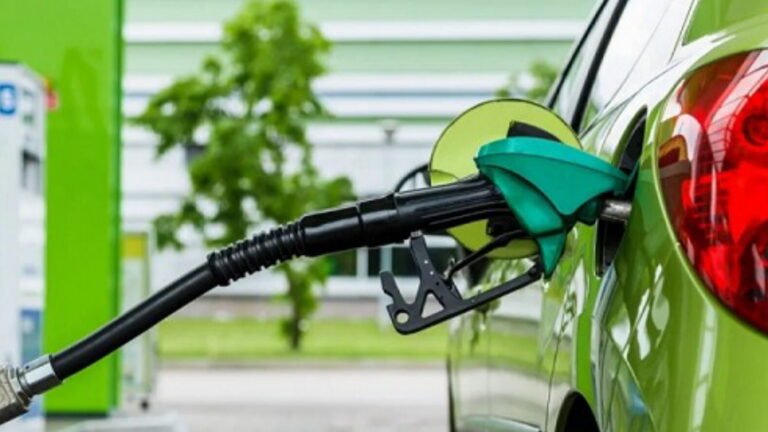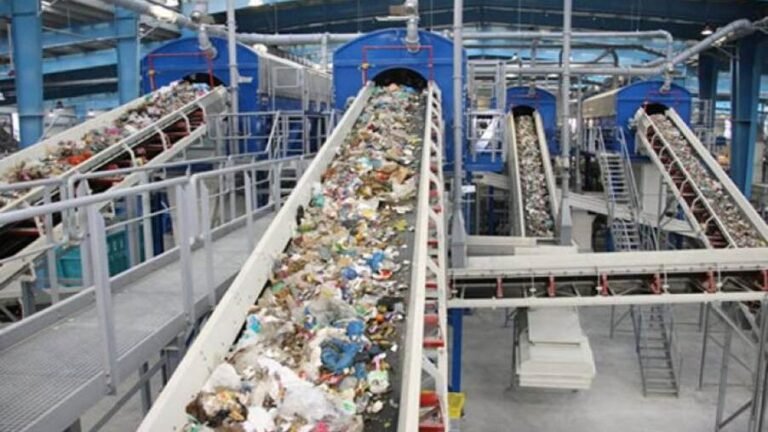
- The green economy is an economic model based on efforts to protect and conserve the environment. In its implementation, the green economy focuses on low-carbon, resource-saving and socially inclusive economic activities.
- Green economy has fundamental principles, including: Wellfare, Justice, Planetary Boundaries, Efficiency and Sufficiency, and Good Governance.
- The implementation of the green economy in Indonesia is projected to achieve economic growth of 6% to 7%, the green economy can stabilize the average national economic growth of 6.22% in the long term until 2045.
- The green economy in Indonesia has the potential to reduce emissions by 86 million tons of CO2 equivalent and create 4.4 million jobs based on the projection of the Coordinating Ministry for Economic Affairs of the Republic of Indonesia.
Definition of Green Economy

The Indonesian has a target in utilizing natural resources and creating an economic ecosystem that can increase national economic growth while reducing carbon emissions caused by industrial production activities. This is in line with the government’s vision and mission in realizing net zero emissions in 2060. One of the government’s concrete steps is to plan a green economy, an economic model based on efforts to protect and conserve the environment.
In its implementation, the green economy focuses on low-carbon, resource-saving and socially inclusive economic activities. There are three focuses of the Indonesian government’s work on the green economy such as fossil fuel transition, energy efficiency optimization, and climate change mitigation. The specific goals that the Indonesian government wants to achieve are to increase awareness of the urgency to switch away from fossil fuels in the Indonesian energy system, optimize the implementation of energy efficiency that leads to Indonesia’s energy decarbonization system, and strengthen domestic climate change mitigation policies.
Baca Juga
Kenali Sumber Emisi Karbon dalam Keseharian Kita
Untung rugi Indonesia berdagang emisi karbon
Principles of Green Economy

Based on a scientific report published at the United Nations high-level forum in New York City in 2022 which discusses sustainable development. In the scientific report entitled “Principles, Priorities and Pathways for Inclusive Green Economies”, several basic principles of the green economy are mentioned:
- Principle of Walfare: The green economy strives to create universal welfare.
- Principle of Justice: The green economy promotes equality, in realizing intra and intergenerational social mobility.
- Planetary Boundary Principle: The green economy is committed to protecting, restoring and investing in nature on earth.
- Principles of Efficiency and Sufficiency: The green economy is oriented in supporting responsible production and consumption activities.
- Principles of Good Governance: The green economy is supervised and implemented by an integrated, responsible and resilient institution or institution.
Read Also
The Role of the Green Economy in Indonesia
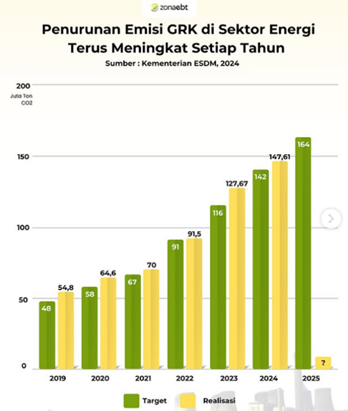
The implementation of the green economy in Indonesia is projected to achieve economic growth of 6% to 7%, the green economy can stabilize the average national economic growth of 6.22% in the long term until 2045. The green economy in Indonesia has the potential to reduce emissions by 86 million tons of CO2 -equivalent and create 4.4 million jobs based on the projection of the Coordinating Ministry for Economic Affairs of the Republic of Indonesia.
Meanwhile in the energy sector, Indonesia is trying to reduce dependence on steam power plants by implementing a combination of ammonia and carbon capture storage. In the energy sector, efforts are made to transition to new and renewable energy, such as; solar energy, wind energy, hydro energy and biomass.
The green economy can give rise to new economic growth centers through the development of innovative circular sectors and activities, sustainable or bio-economy-based industries, blue economy and waste utilization industries. The government has developed 22 Special Economic Zones by adopting the principles of green economy and circular economy, as well as bringing in green investment.
Now, many startups and new businesses have emerged that already have a core business by applying the 9R principles of the circular economy, namely Refuse – Rethink – Reduce – Reuse – Repair – Refurbish – Remanufacture – Recycle – Recover. A green and circular economy can help industries in Indonesia to be competitive in terms of sustainability. Currently, there are 152 companies that have Green Industry Certificates. This Green Industry Certification provides economic benefits, namely energy savings worth IDR 3.2 trillion per year and water savings worth IDR 169 billion per year.
#zonaebt #serbaterbarukan #EBTHeroes
Editor: Tri Indah Lestari

